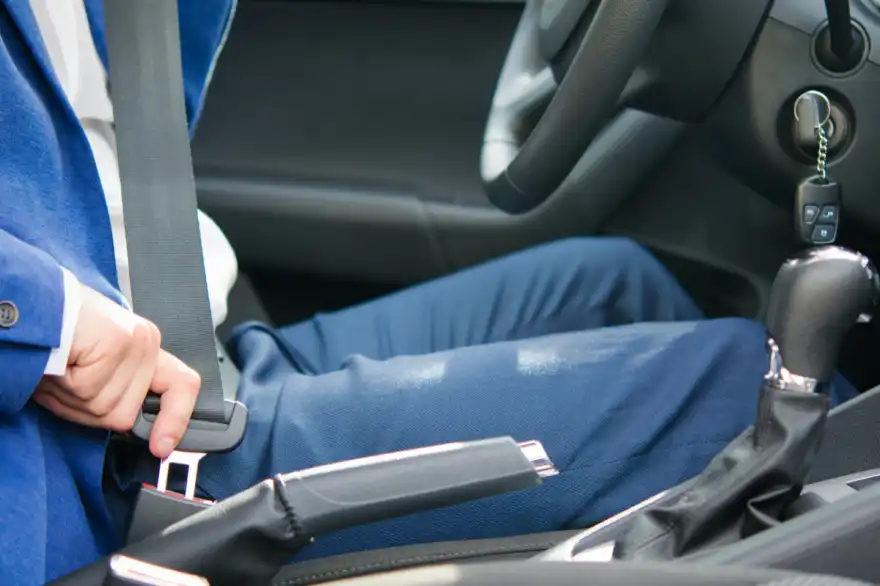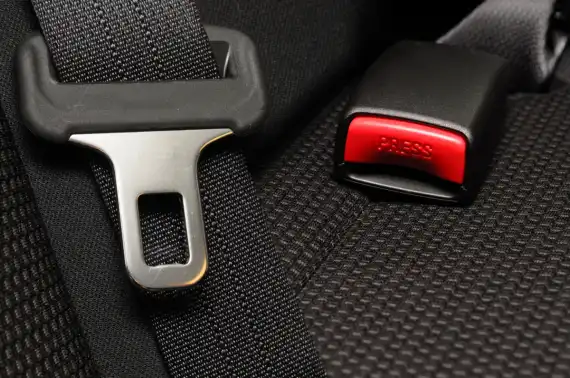
£100 fines and penalty points
Motorists who refuse to wear a seatbelt may face tougher penalties as part of a 74 Point Action Plan to improve road safety in the UK, the Department for Transport revealed. Offenders currently receive £100 fines. However, if the proposal comes to fruition they will also get points on their licences. These points:
- lead to disqualification (if collected insufficient number)
- increase the cost of motor insurance
- cause embarrassment
- make it harder to hire vehicles
Avoidable deaths
The Government has revealed the scale of the problem. Consider 2017, for example. 27% of the people killed in cars were not wearing a belt. 1 in 4 might therefore be alive if they were properly protected. Road Safety Minister, Michael Ellis, suggested:
‘Far too many people are not wearing a seatbelt whilst travelling in a car. This needlessly puts lives at risk. Increasing the penalties for people who disregard the simplest way to protect themselves is just one of a list of actions this Government is taking to help keep people safer on our roads’, Mr Ellis concluded.

Further proposals
The Action Plan incorporates a wide range of other proposals to make the roads safer. There is something for every age group. Consider children, for example. Many parents struggle to install child seats correctly. Poorly fitted child seats offer less protection in a collision than their properly secured counterparts.
The proposed solution is accredited training for the people that sell child seats. In turn, they can teach parents how to install them correctly at the point of sale. Additional proposals include:
- graduated licence for newly qualified motorists that impose restrictions, e.g. cannot drive at night (for young adults)
- safety campaigns that focus on drink driving, mobile phone use, speeding, and passenger distraction (for young adults)
- whether a system that stops cars starting unless motorists pass a breath test could make drink driving less common (for adults)
- a new, digital platform that clarifies how to behave on the roads to minimise the risk of collision (for older motorists)
Transport Secretary, Chris Grayling, emphasised: ‘The United Kingdom has some of the safest roads in the world. But we are not complacent. We continue to look at how we can make them safer.’
‘The Action Plan is a key milestone in our safety work. It sets out the important steps we are taking to reduce the number of people killed or seriously injured on our roads’, Mr Grayling concluded.



